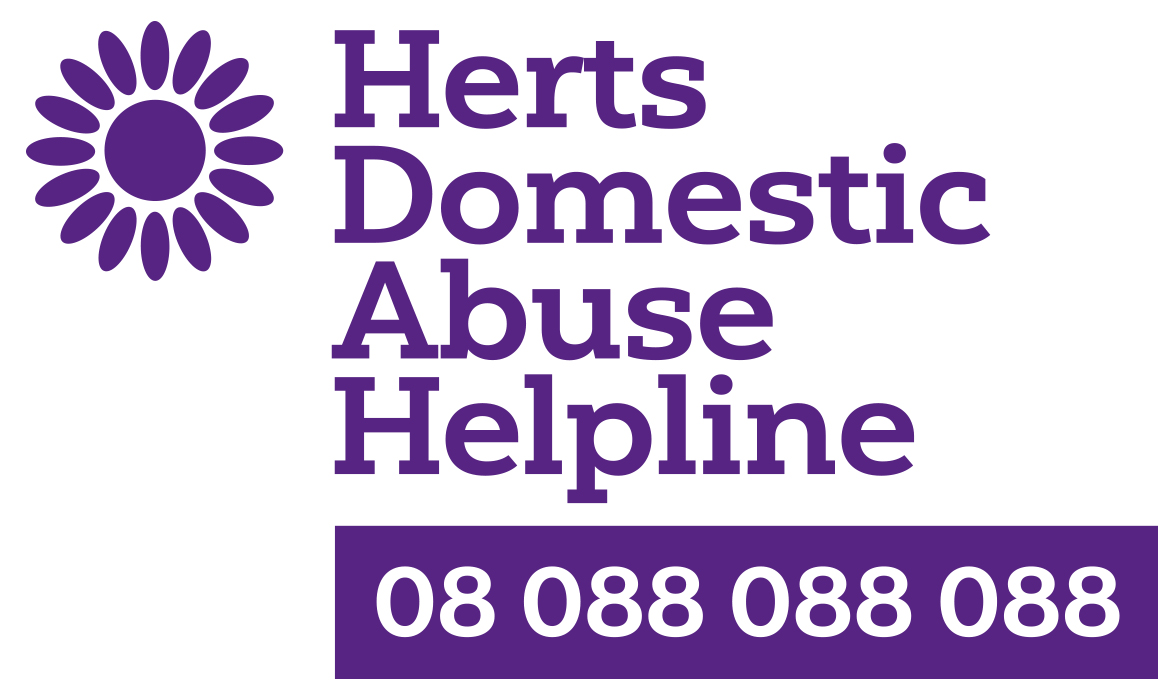Lockdown saw the majority of the nation withdraw into the safety of their own homes but for victims-survivors of domestic abuse, this was the beginning of the rise in the harm and abuse suffered at the hands of the perpetrators away from the professional arms of support and behind closed doors. The safety net that would have been accessible to victims-survivors of abuse suddenly became less accessible. Victims-survivors will have found themselves being forced to live at home with their abuser with very restricted access to outside support. It has no doubt, caused many to negotiate with their abuser in order to try and reduce any harm suffered and thereby only adding to the harm the victims-survivors will have had to endure.
Although official figures are not yet released from the ONS, law firms and domestic abuse support centres across the country assisting victims-survivors of abuse will have seen an increase in the number of enquiries from those who are able to use the windows of opportunity available to them when their perpetrator of abuse leaves the house.
Law Firms have had to react swiftly in order to effectively and efficiently deal with the increase in Non-Molestation applications on a Without Notice basis. However, though there has been an increase in the number of applications being made over the weeks of Lockdown, it is strongly suspected that the numbers will not be a true reflection of those trying to reach out for help but unable to do so. They continue to be trapped at home in the shadows of domestic abuse. There are a number of reasons for this, one of the most obvious being language barriers. In an environment where going out was prohibited save for essential shopping and daily exercise, victims-survivors will have been unable to reach out to friends and family to assist them in accessing support. For those with language barriers, this adds an additional hurdle of trying to explain to a DA worker or a solicitor what help they need and the circumstances surrounding their case.
Another obstacle will have been access to digital resources. With professionals across the domestic abuse support network working from home as well as lawyers and indeed the courts, some victims will have found themselves struggling to deal with digital information requests and this will have caused not only a disadvantage but increased and prolonged risk of domestic abuse. Lack of access to money will have been yet another reason victims-survivors may not have fled and will have been one of the determining factors as to whether they flee to get help, or continue to suffer in silence.
Human Rights Watch (see footnote) revealed that DA service providers are incurring up-front costs – which can be prohibitive for smaller organisations – to urgently establish remote services due to Covid-19. Weeks into the crisis, on May 2, the government announced £76 million to support “the most vulnerable” during the pandemic, including £28 million for domestic abuse services.
There have been campaigns to help victims-survivors of abuse discreetly alert someone that they are in need of help through code words and hand signals, such as the thumb down fist closed hand sign. However, lack of publicity on these initiatives has no doubt resulted in more victims-survivors of abuse continuing to suffer at the hands of their abuser. Another initiative was the Rail to Refuge which enabled victims of abuse to contact organisations such as Women’s Aid or a DA helpline, to arrange train tickets for victims-survivors to travel to an available refuge location.
The Domestic Abuse Bill moves to the House of Lords in September. In hindsight, this piece of legislation would have been most helpful in supporting victims-survivors during lockdown – however we eagerly await the passing of the bill to statute which will come not a moment too soon.
The Herts Domestic Abuse Helpline 08 088 088 088 uses LanguageLine to assist callers whose first language is not English. It also has a confidential and anonymous email service - Kim@mailpurple.org – for those who prefer to access signposting support by mail (if it is safe to do so) or face barriers accessing support by phone.
JKC Lawyers in Watford operate a 24 hour legal helpline 0203 9355 999. In addition, their team speak the following languages: Punjabi, Hindi, Urdu, Bengali, Gujarati, Arabic and French. The drop-in remains suspended owing to Covid-19, however from August it has re-opened on an appointment-only capacity. To book call 0203 9355 999.
Footnote: https://www.hrw.org/news/2020/06/08/uk-failing-domestic-abuse-victims-pandemic
Our thanks go to Sherry Thakur of JKC Lawyers for this article.

